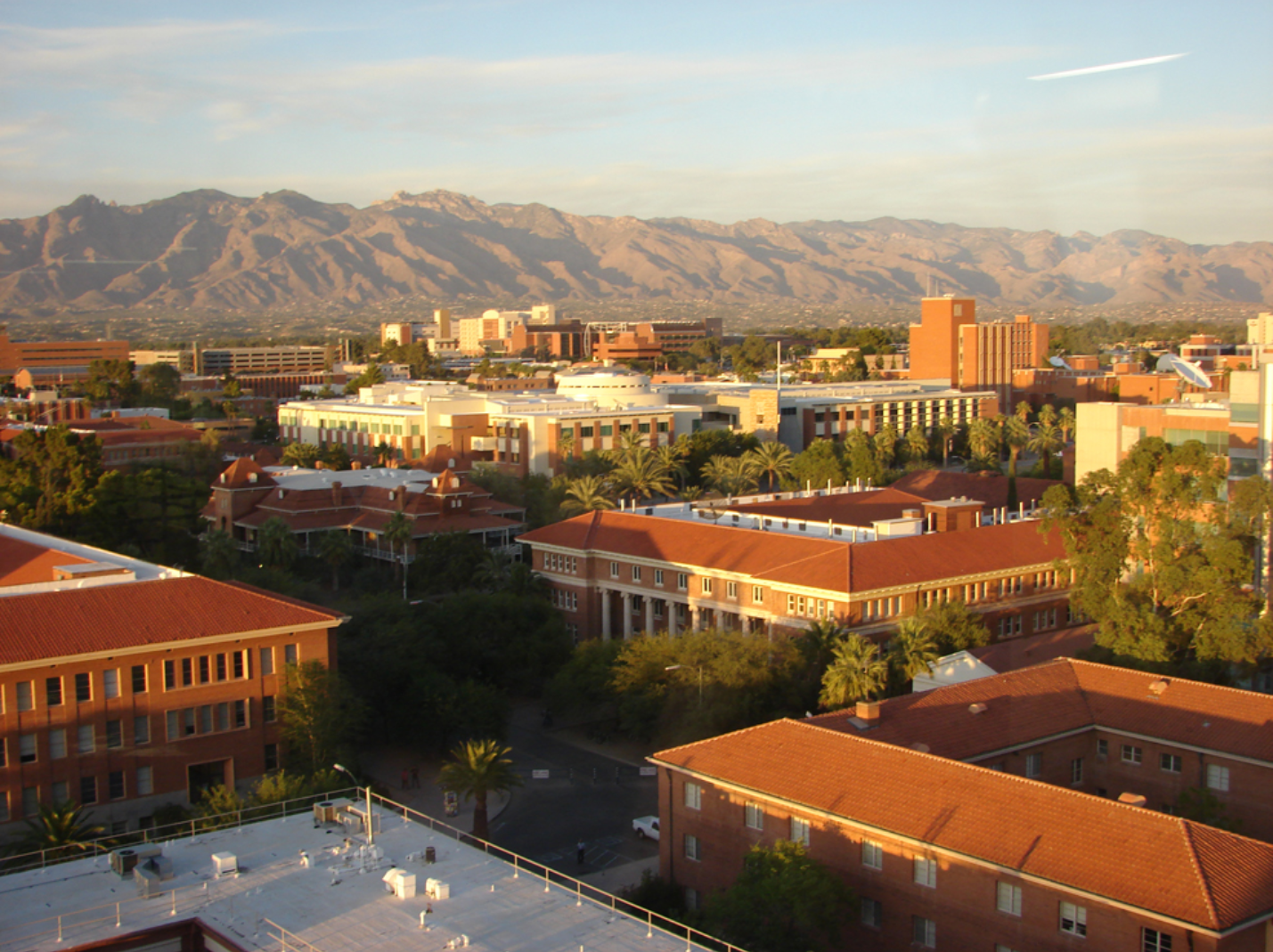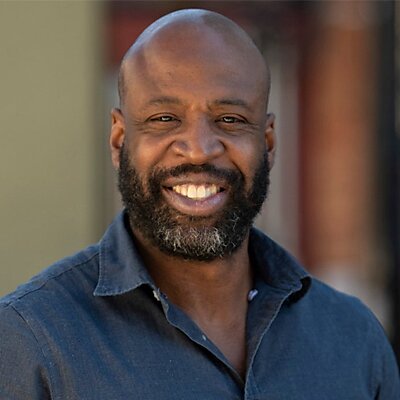
Challenging the prevailing narrative and upholding one’s principles in higher education is often a solitary endeavor. Even tenured colleagues sympathetic to the challenger’s ideas may retreat, fearing only exclusion from the next faculty cocktail party. That is why I notice when someone shows courage, as Mathew Abraham did in 2019 when I faced attacks for criticizing “anti-racist” pedagogy.
Now, Abraham, a tenured professor, stands on the brink of dismissal for doing exactly what tenure is supposed to protect: speaking freely and honestly.
I cannot stop the nonsense directed at him, but I can shed light on it. His story reveals much about the mindset and maneuvers of the academic left. A recent report in Campus Reform described how a coalition has requested that the Arizona Board of Regents investigate alleged retaliation and corruption related to “diversity, equity, and inclusion” (DEI) initiatives at the University of Arizona (U of A).
Abraham’s lawsuit against U of A was a pivotal moment. He eventually forced the release of documents that exposed the unprofessionalism of his colleagues. The lawsuit remains ongoing, but it has set the stage for future battles.
[RELATED: U of A’s Emancipatory Education Proposal]
The pattern of retaliation began in 2022, when Abraham and two colleagues were excluded from the Committee of Academic Freedom and Tenure after internal emails labeled them “problematic.” Though an investigation found procedures weren’t followed and faculty passed a corrective resolution, the targeting continued.
Abraham then proposed a campus dialogue between me and the rising critical race theorist, Aja Martinez. Despite my offer to cover the expenses, the dialogue around the discussion was twisted into a demand for debate, and the proposal was denied in a 5-3 vote. A short time later, the program approved, without a vote, an event centered on Robin DiAngelo’s White Fragility. The message was clear: orthodox views were welcome, dissent was forbidden.
In 2024, Abraham faced a seemingly intentional scheduling conflict between his teaching assignment and his new role as a prosecutor. Department chair Cristina Ramirez denied his requests to move the class online, something other professors were granted, and forbade further discussion. Administrators weaponized this into a “conflict of commitment” charge, capping Abraham’s outside work at five hours weekly and forcing him to choose between teaching and practicing law. A grievance committee found the dean’s justification unsupported, but Abraham’s discovery that Ramirez lacked the required authorization for her chair position was deemed “insubordination.”
The pot boiled over when Abraham sent a faculty-wide email questioning these irregularities. On August 19, Dean Poloni-Staudinger recommended his dismissal for creating a “hostile environment.” The provost placed him on paid leave the next day and revoked his campus access.
Abraham told his students that his removal was retaliation for his views and encouraged them to contact administrators. A retired professor, Aneil Rallin, wrote to the provost condemning the university’s actions as an assault on academic freedom and the purpose of tenure.
[RELATED: The Campus Left Discovers Free Speech]
To sum up, a proposal for dialogue was blocked while an ideologically comfortable event proceeded without debate. A “scheduling error” was weaponized into professional misconduct. Refusal to comply with constitutionally questionable disclosure rules was labeled insubordination. Criticism, sharp but protected, was redefined as bullying.
Ultimately, the Arizona Board of Regents will likely investigate this as a DEI issue within the university, thereby exposing the detrimental effect of social justice ideologies on academic freedom and integrity. The intolerance and censure of faculty members who do not fall in line is not atypical.
This is about more than just Abraham’s experience. It is about how universities treat dissent. Abraham’s story looks, sounds, and feels familiar. I know I am not the only one who sees it.
Image: “Uofa” by Huperphuff on Wikimedia Commons

Trump is trying to use DEI to divide us. Free speech cannot be a defense if people are belittled and marginalized. In addition, fighting words, profanity and inciting violence are not forms of protected speech.
“Ultimately, the Arizona Board of Regents will likely investigate this as a DEI issue within the university, thereby exposing the detrimental effect of social justice ideologies on academic freedom and integrity. “
And, hopefully, say that such things are wrong, that the university was wrong, and perhaps even attempt to remediate that wrong.
And then there will be a great hue and cry about fascism, McCarthyism, and the Evil Orange Man. We all know that will happen…
Hence one must ask how much of the current hysteria about the Evil Orange Man’s alleged destruction of the academy is — well — the expected reactions of guilty children who got caught with their hands in the cookie jar?